- Hindus express hope for educational reform under AA administration
- Arakanese zat pwe performers struggle to survive as conflict halts traditional shows
- India-Arakan trade routes fully reopen after two-month closure
- When Prisoners Are Bombed, the War Has No Rules Left
- Two civilians killed, two injured in junta airstrike on Ramree village
BGB denies links with ARSA, RSO armed groups
Bangladesh's Border Guard Bangladesh (BGB) has denied allegations of involvement with the Arakan Rohingya Salvation Army (ARSA) and Rohingya Solidarity Organisation (RSO), rejecting claims of financial support or cooperation with the armed groups.
30 Sep 2025
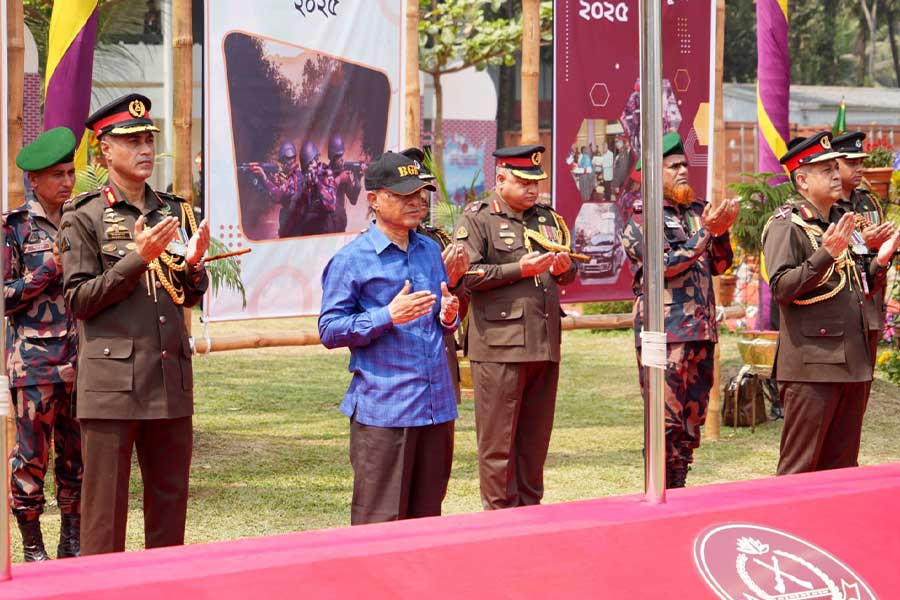
DMG Newsroom
30 September 2025, Maungdaw
Bangladesh's Border Guard Bangladesh (BGB) has denied allegations of involvement with the Arakan Rohingya Salvation Army (ARSA) and Rohingya Solidarity Organisation (RSO), rejecting claims of financial support or cooperation with the armed groups.
The denial came in an official statement on 29 September, two days after the Arakan Army (AA) accused some BGB officers of providing backing to ARSA and RSO fighters, who have established positions near BGB outposts.
"The BGB has no connection whatsoever with ARSA or RSO. The accusations are baseless. On the contrary, BGB has arrested many ARSA members including their leader Ata Ullah, treating them as threats to stability," the statement said.
BGB insisted its main duties were limited to border security, law enforcement, and managing over one million Rohingya refugees in Bangladesh.
The BGB further accused the AA of being involved in the narcotics trade, and claimed that some AA fighters have fled into Bangladeshi territory during border clashes. It also alleged that the AA persecutes not only Muslims, but also Mro and Daingnet ethnic minorities, based on intelligence reports of cross-border infiltration.
The BGB called on the international community to pressure the AA while urging support for ensuring the safe repatriation of Rohingya refugees.
While BGB has denied collusion, political observers suggest that ethnic, religious, and strategic considerations make sympathy toward Muslim groups plausible.
"Muslims in Bangladesh share ethnicity and religion with Bengali Muslims. Even if the support is not an official state agenda, sympathetic assistance at institutional levels is very possible. AA's claim that some BGB officers cooperate with ARSA is highly credible," said political analyst Maung Tama.
AA Commander-in-Chief Maj-Gen Twan Mrat Naing recently told The Irrawaddy that despite the tensions, the AA aims to maintain good long-term relations with Bangladesh.
Analysts note that Bangladesh, with its small territory but a population of nearly 175 million, faces acute domestic pressures. As a result, Arakan may be factored into Dhaka's political calculations.
"With such limited territory but nearly 200 million people, Bangladesh faces huge challenges. It's inevitable that Dhaka sees Arakan as part of its policy space. In global geopolitics, unexpected changes happen - and if Bangladesh gains capacity, it may act accordingly. The AA is certainly aware of this," said one Karen youth political observer.
At the same time, analysts warn that Bangladesh's good relations with Myanmar's military junta could complicate matters. They argue that both Dhaka and Nay Pyi Taw may exploit Muslim armed groups to counter the AA, creating a long-term problem for the Arakanese armed group.
Currently, relations between Bangladesh and the AA remain tense, with both sides trading accusations. Some political commentators also believe Bangladesh is using the repatriation issue to push responsibility onto the AA.
Meanwhile, ARSA fighters continue to launch attacks on AA security posts and commit killings and abductions of civilians in border areas. Added to this are disputes over Bangladeshi fishermen illegally entering Arakan waters, further complicating already fragile border relations.




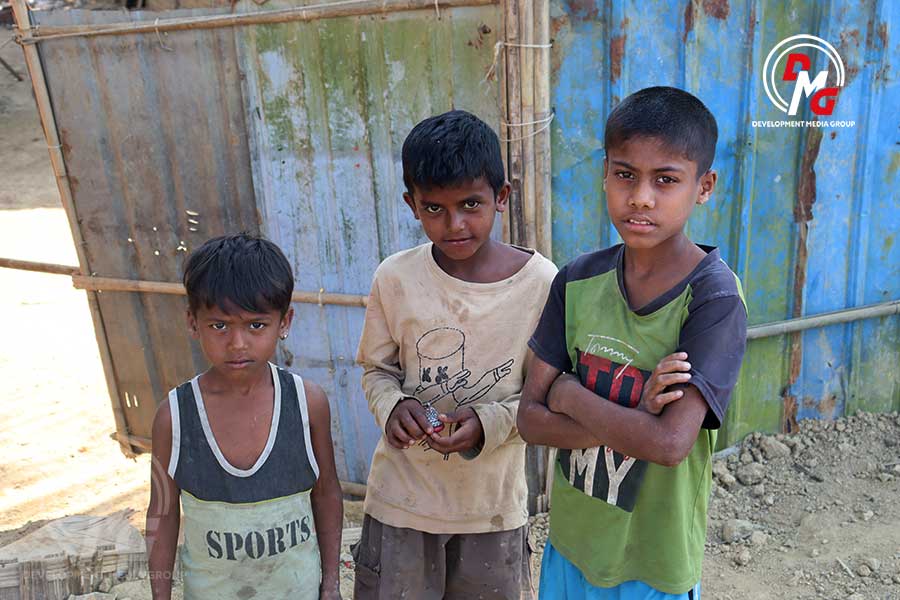
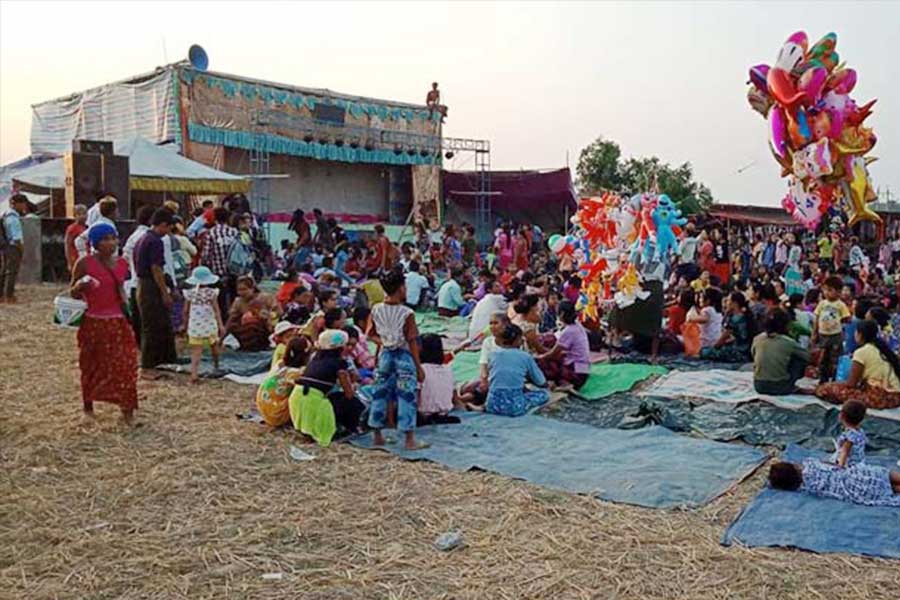
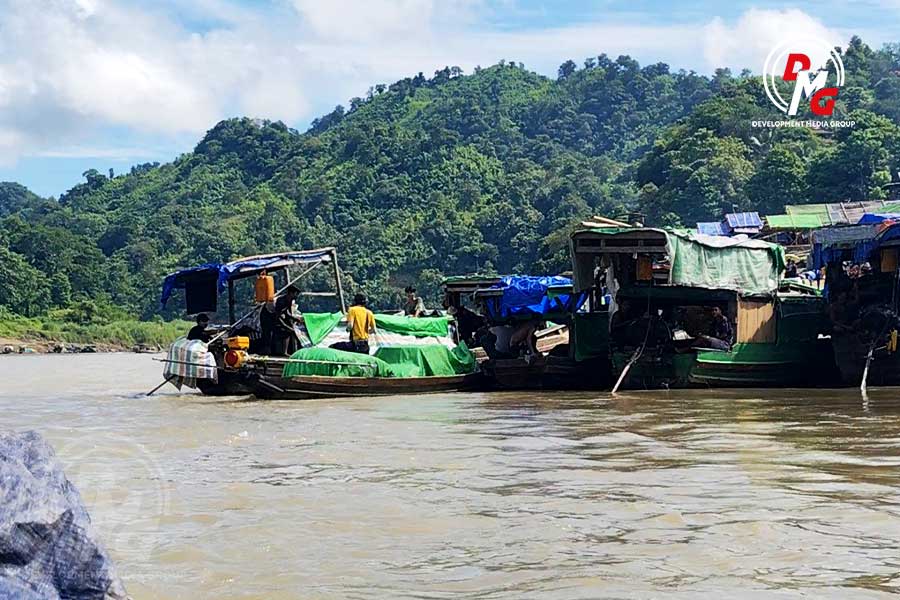
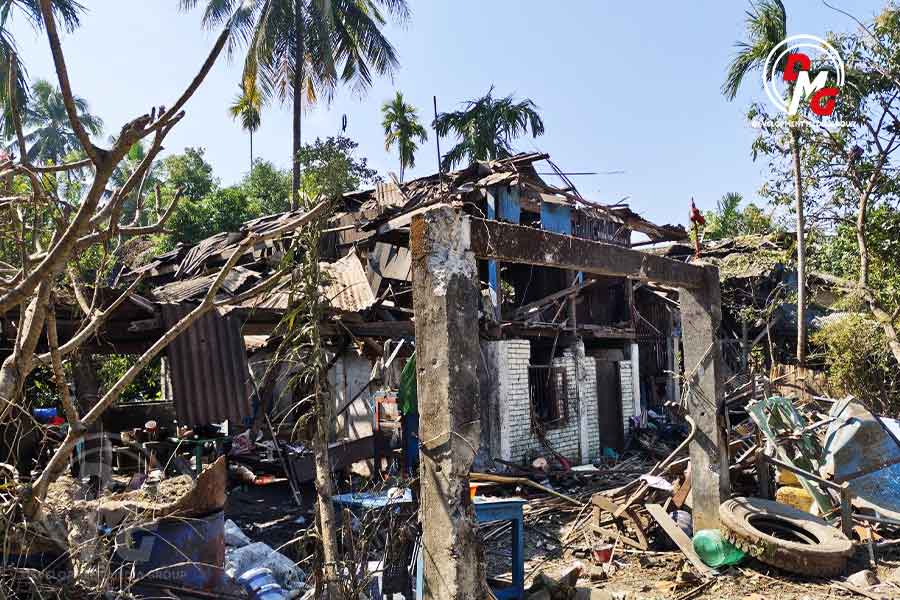
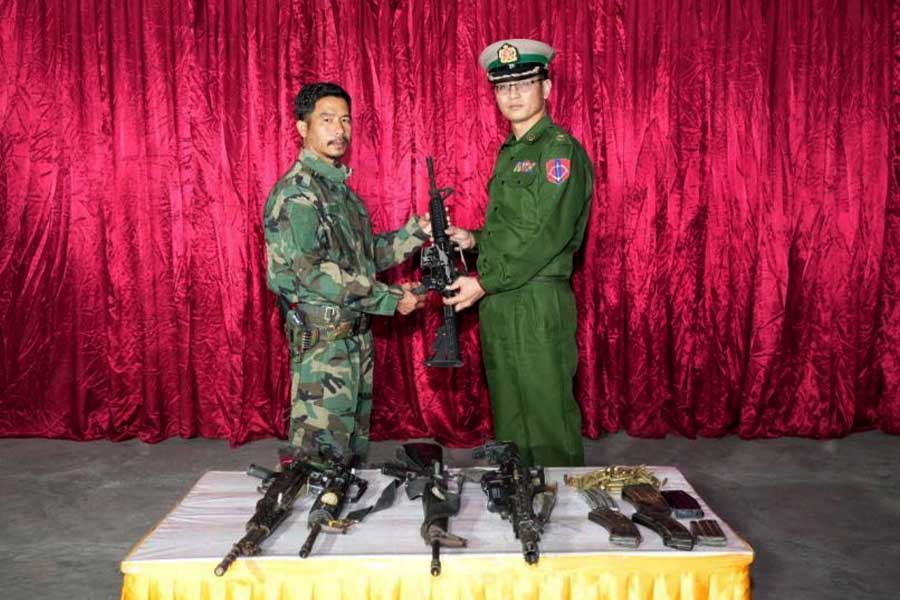








.jpg)